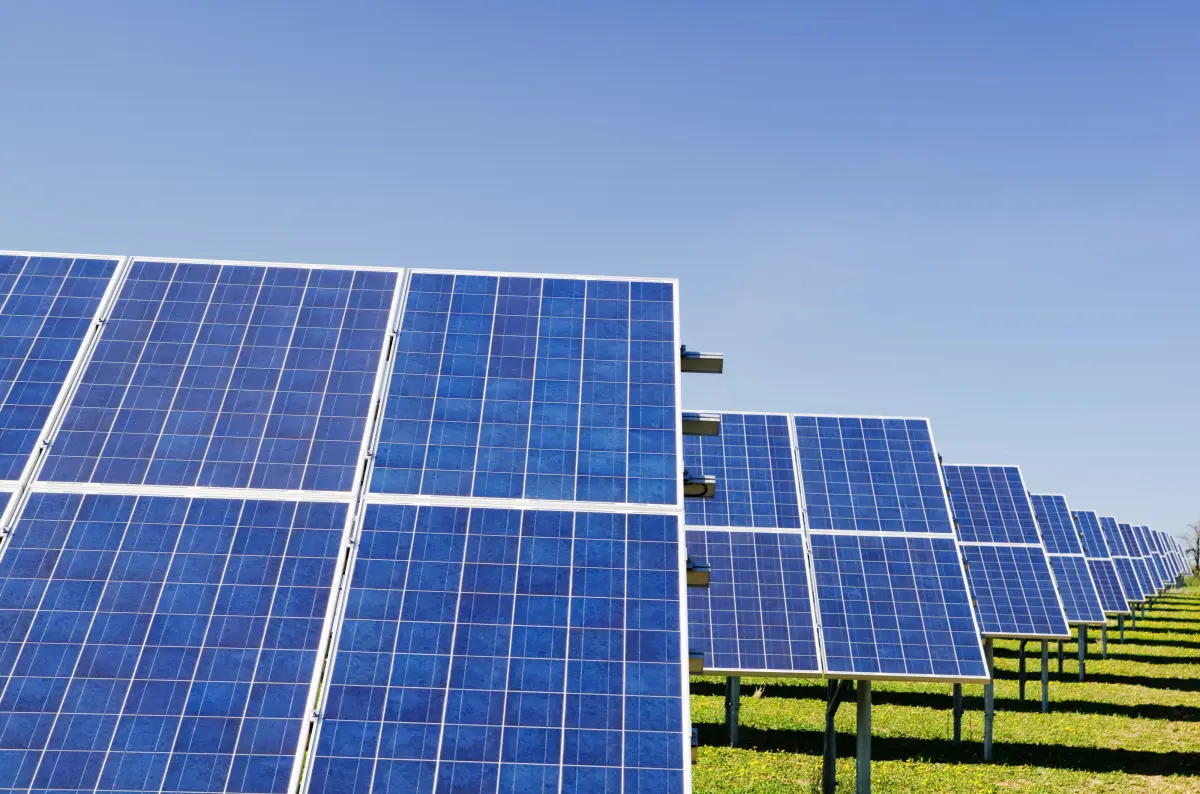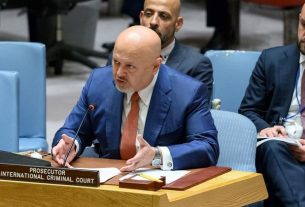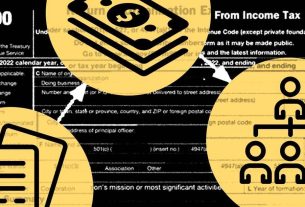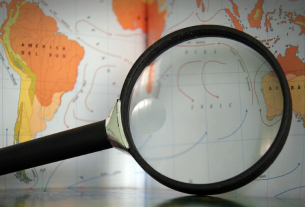|
Getting your Trinity Audio player ready...
|
The European Commission together with industrial actors, research institutes, associations and other relevant parties launched the European Solar PV Industry Alliance.
The alliance will help mitigating supply risk by securing diversification of supplies through more diverse imports and scaled up solar PV manufacturing of innovative and sustainable solar PVs in the EU. In a joint statement, the Commission and signatories of the Alliance set out the immediate priorities for 2023.
Boosting domestic manufacturing capacity will be key for the EU to reach the REPowerEU objectives of over 320 GW of newly installed solar photovoltaic capacity by 2025, and almost 600 GW by 2030.
The new Alliance has endorsed the objective of reaching 30 GW of European manufacturing capacity by 2025, across the entire value chain. Reaching this objective would deliver €60 billion of new GDP per year in Europe and the creation of more than 400,000 new jobs.
See related article: EU Council and Parliament Strike Provisional Deal to Reduce Flight Emissions
The Alliance will also offer policy inputs to reduce Europe’s risk of supply and support domestic industry.
It will focus its work on:
- Ensuring investment opportunities for European solar PVs: by mapping investment opportunities and creating project pipelines of bankable projects. It aims to attract private investments to develop and commercialise innovative and competitive PV products made in Europe. As a priority, it will work on aligning EU, national and private investments, including the National Recovery and Resilience Plans.
- An enabling environment for European solar PVs: by addressing barriers such as the need for simplified permitting procedures for new manufacturing sites or securing the supply of raw materials and components needed in production. The Alliance will also support sustainability and circularity across the value chain, identify leading innovations, including through EU-funded research as well as work on tackling labour and skills shortages in the sector. Finally, it will help to stimulate demand by encouraging the use of non-price criteria in public actions.
- Diversifying supplies and building resilience in the supply chain: by finding alternative suppliers, partners and off-takers via existing and future partnerships, dialogues and trade fora to further reduce Europe’s current dependencies.
The Commission has political leadership on the Alliance. It supervises and acts as facilitator of its work. The secretariat is run by EIT InnoEnergy, following the successful track record of the Batteries Alliance.



